Investing in property can be a lucrative business. You can buy, develop, sell or let property and make a tidy profit while doing so. However, you will have to pay capital gains tax (CGT) on that profit in most circumstances.
Here, we look at exactly how capital gains tax will impact you if you are investing in property, as well as how to minimise your exposure while still playing by the rules.
At what rate is CGT charged?
Let’s start with the basics. Capital gains tax is charged at a higher rate on property profits than for other gains. While you can make gains on other investments and only pay CGT at 10 per cent and 20 per cent, for basic-rate taxpayer and higher rate taxpayers respectively, you will pay CGT at 18 per cent and 28 per cent on property gains.
However, you won’t pay CGT on the entire gain as everyone is allocated a tax-free capital gains amount of £11,700 per person for the tax year (correct in 2018/2019). Couples can merge their allowances to bring this up to £23,400 – handy if you’re in the property investment business together.
Will I always pay CGT on property profits?
No. If you bought your home as your main residence and have lived in it as such throughout the time you have owned it, you will be entitled to Private Residence Relief. This means you don’t have to pay any capital gains tax on the profit you make when you come to sell.
However, here are some specific situations where capital gains tax could be charged, so watch out for these:
- If your home ceased being your main residence at some point. There is a grace period of 18 months before the property is sold in which you are able to move without incurring CGT charges, but this may be reduced to 9 months in 2020 as per changes announced in 2018.
- If you used part of your home as a business premises only, you might be liable for CGT charges.
- If you developed some of your home to sell or rent out, or if you sell your garden or plot and it measures more than half an acre.
- If you purchased the home solely to renovate it and resell it for a profit.
And another thing, did you know that if you use two homes, you can nominate the one you would like to be tax-free. In other words, you can decide which of the homes you use will be subject to private residence relief. Most people choose the one that is likely to make the most gains – even if it’s not the one you spend most of your time in. This is completely legal, so take advantage.
In addition, if you are an unmarried couple, you can each designate a primary residence.
And then there are deductions…
Don’t let all this talk of taxes on your profits put you off property investments. There are ways to bring down the ‘gains’ on which you are taxed. For a start – there is a huge list of deductions you can make that include:
- Stamp duty costs incurred when the property was bought
- Solicitors fees
- Estate agent fees
- Costs involved in improving the property
If you own several properties and you make a loss on one, you are able to offset those losses against the gains made on another. Therefore, with all this in mind, you’re only going to pay CGT on true gains – that’s pure profit in your pocket.
And there’s letting relief….
If you live in a property for a while before deciding to rent it out, the gains made in doing so may be reduced through lettings relief. The amount of relief you can claim in this scenario is the lesser of the following:
- £40,000
- The gain you make from letting the home
- The total private residence relief you are entitled to
So, on a single property you could be entitled to private residence relief for the period over which you were living there, and lettings relief for the period over which you were renting it out. You can’t claim both over a single period for obvious reasons.
Needless to say, the sums can be confusing and you may well need the help of a property tax expert to help you with your tax return.
It’s important to bear in mind that the 2018 Autumn Budget introduced measures that could see major changes to both private residence relief and lettings relief from April 2020. These changes are likely to increase capital gains taxes for certain people, like those who have once lived in a property but now rent it out.
What about inherited property?
When you inherit a home from a deceased parent, for example, there’s no CGT to pay at that point. However, if you sell it five years later after its value has increased by £30,000, for example, you may have CGT to pay.
Then, of course, there’s the whole issue of inheritance tax…but that’s for another article!
To conclude: the fact that you may have to pay capital gains tax on profit from property investment shouldn’t be enough to put you off investing. The system is set up so you only pay the tax on real profit, which means you’ll always end up quids in, even after a hefty CGT bill.
Capital gains tax on property is high because it’s a lucrative asset class and it’s also relatively accessible to almost anyone with enough cash to put down a deposit. This is why property investment so attractive and popular among UK investors.



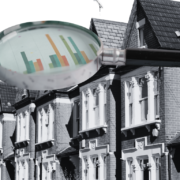




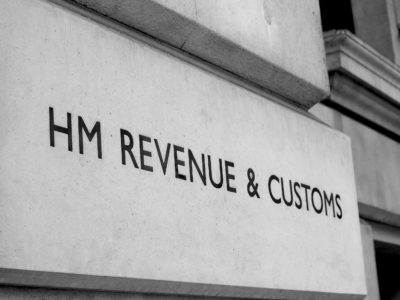
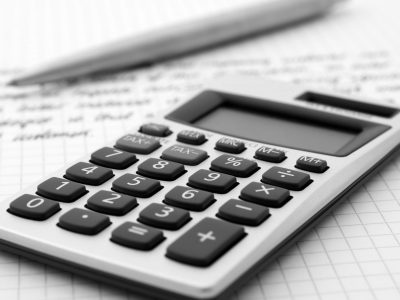
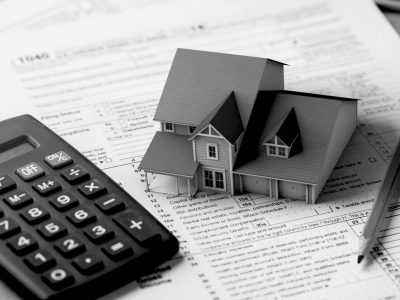




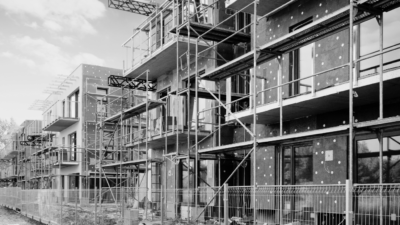








Comments